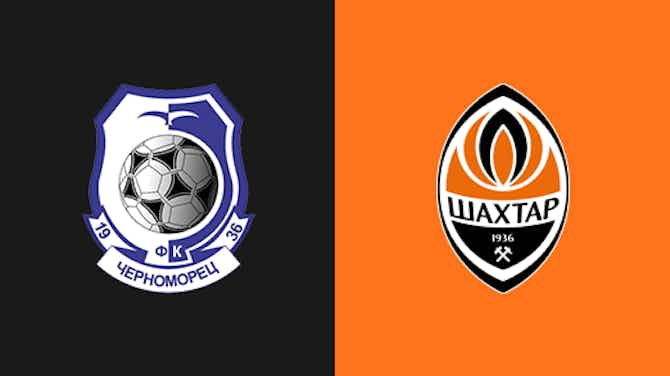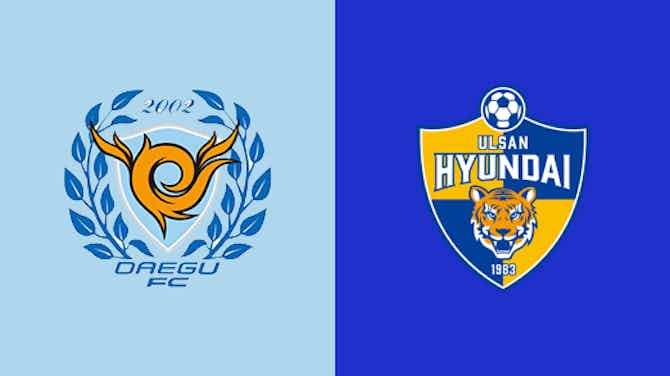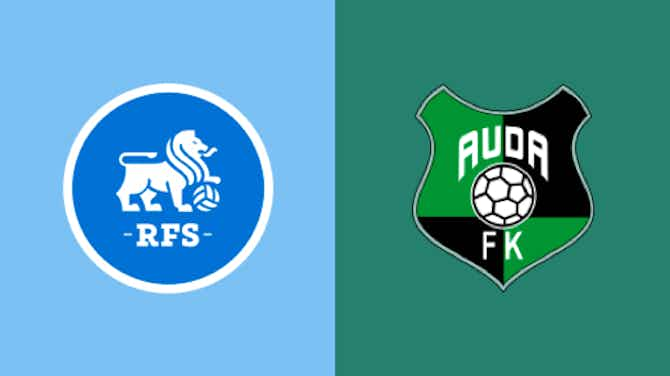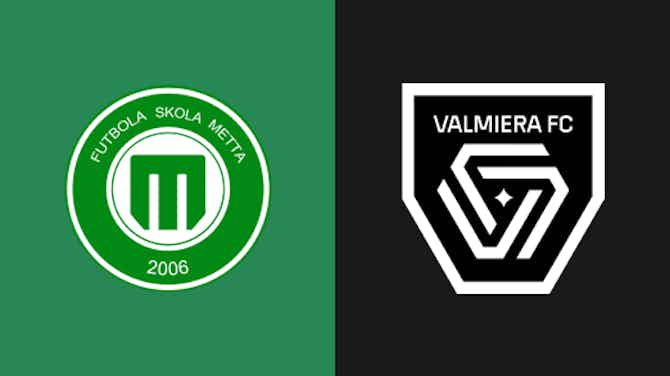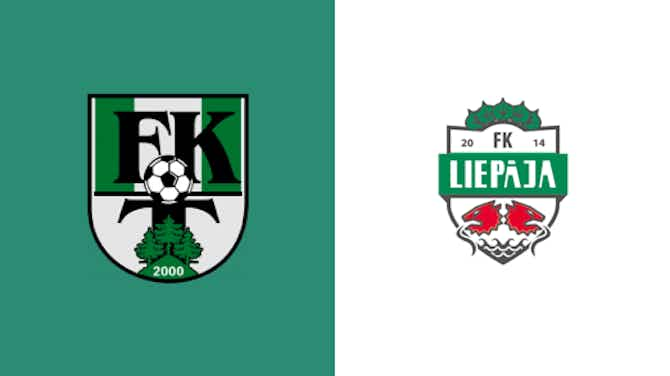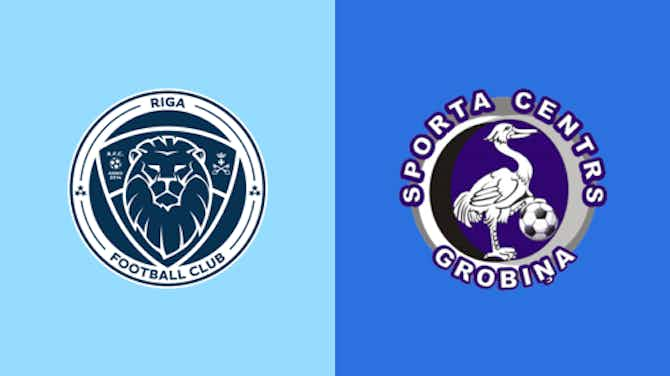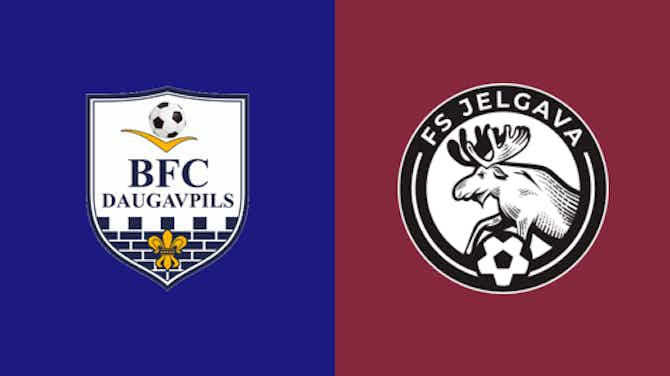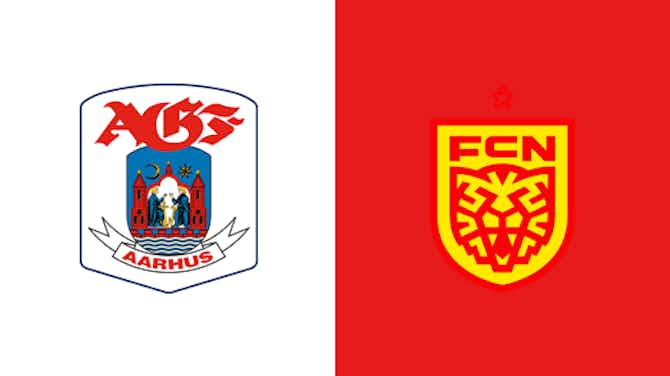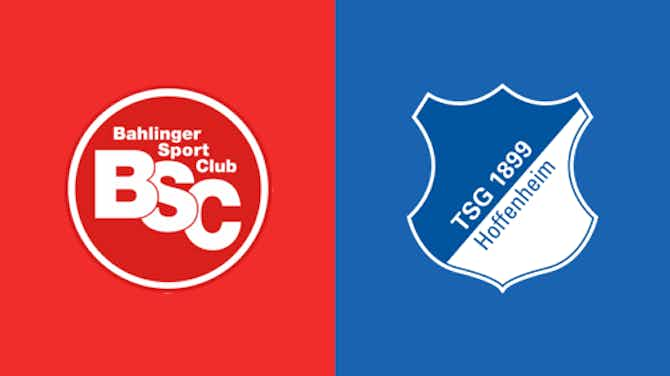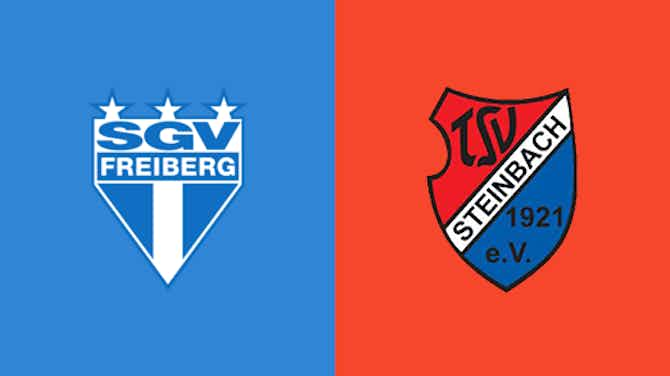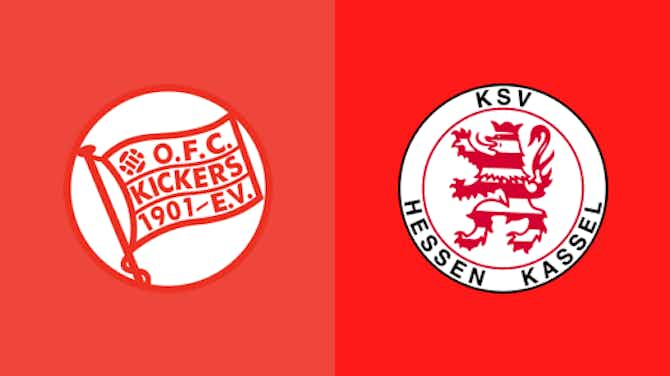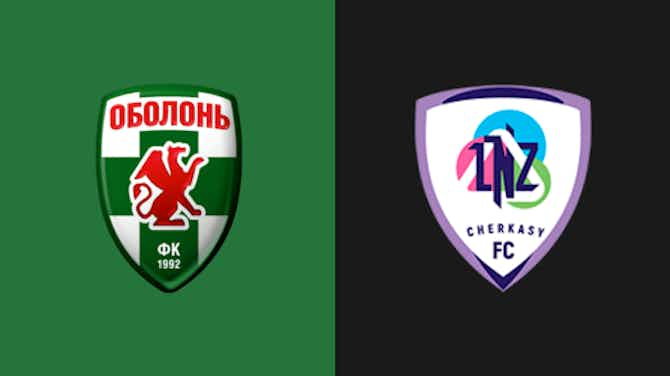Get French Football News
·18 April 2024
Luis Enrique and the search for identity
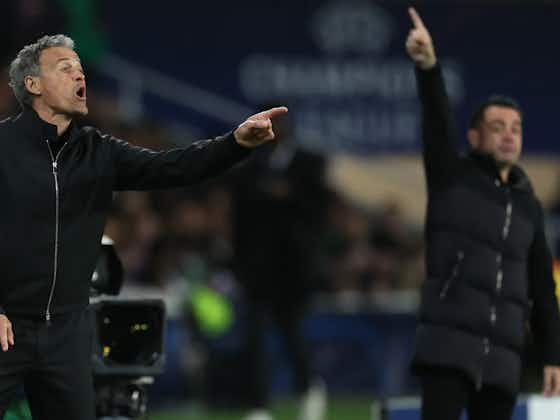
Get French Football News
·18 April 2024

“It’s not an opinion,” Luis Enrique replied when asked if he represented the Barcelona identity more than Xavi, his Catalan counterpart. “Look at the statistics, in terms of possession, chances, pressing, trophies… Others might have a different opinion, but it’s definitely me.”
It was a statement that left Barcelona fans cold and indignant ahead of the opening tie against Paris Saint-Germain and their former manager at the Parc des Princes in this year’s Champions League quarter-final. Luis Enrique’s past glories would hardly be forgotten because of one comment, but the feeling was that he had overstepped the mark. Xavi is a native son of the city, an icon of their golden era, and more importantly their current manager.
Despite becoming the captain of Barcelona during his playing career and winning the treble with the Catalans as a manager, there has always been the feeling that a man who has called himself Asturian, Spanish, and Catalan, was simply an adopted son of the club. Born and raised outside of Catalonia and far away from the streets where his achievements would later be celebrated.
It was a stick with which Luis Enrique was beaten with during his time as their manager. There was always a lingering implication from some quarters that he never fully understood the cultural identity of the club. After his Barcelona side lost the first leg in the now-infamous La Remontada, Santi Giménez of Diario AS wrote prematurely, “It is not that Barcelona are out of Europe; it is that Barcelona are out of Barcelona.” The accusation was clear; under Luis Enrique, the club had not simply lost its way but lost its identity.
Despite his public declarations that he does not read what the press writes about him, these criticisms have clearly stuck with the manager in the years that have followed, and can perhaps explain the strange decision to wade into the historic-cultural debates of his old club while he was out performing his public duties as the face of the PSG team.
There’s a feeling Luis Enrique has been searching for a sense of acceptance ever since he became the manager of Barcelona, a role he greeted with the statement, that he was coming “home.” There was almost a need to remind his ex-club that they were wrong about him and that the suggestion that it was under him that they had lost their identity was unfair.
And as the two clubs clashed to see who would progress into the semi-final of the Champions League, there was some credence to Luis Enrique’s statements. His PSG pressed ferociously and dominated the ball forcing Xavi’s Barcelona into a continuous deep shape that defended from the penalty box and looked to hit the spaces behind Les Parisiens’ high line.
According to Opta, across the two legs, Barcelona recorded their lowest-ever possession stats in the Champions League (since the analysts began collecting data in the 2003/04 season). In the first leg, Barcelona saw 41.4% of the ball which dropped dramatically to 32.7% by the following week, in part influenced by the early red card that the Catalans suffered.
In searching for a place which could celebrate his identity, Luis Enrique has stumbled on the perfect environment. This is a very different PSG to the one that was defined by its expensively arranged stars, it is a project that promises to be built on a bigger picture rather than a bigger name, and as it began its search for a new manager at the end of last season it was desperate for a figurehead to come in and implement a culture.
Players like Vitinha and Fabián Ruiz who struggled last season have become emboldened by Luis Enrique. Vitinha, in particular, has become a marshall on the pitch to how the Spaniard wants his side to play, and the results against Barcelona were self-evident. He was continually involved in recycling the ball and maintaining pressure and scored across both ties to help PSG into the semi-finals of the Champions League for the first time since 2021.
And as the club celebrated a Remontada of its own by defeating Barcelona 6-4 on aggregate, overturning the 3-2 loss at the Parc des Princes with a 4-1 victory in Catalonia, there were very few left to watch this special moment for Luis Enrique from the opposite side. The Camp Nou was closed for reconstruction, Xavi had been sent off, and the temporary home for Barcelona had emptied out long before the final whistle.
The painful truth for Luis Enrique is that he will never be loved as much by Barcelona as its favourite sons, but in Paris, there is the chance for him to build something special, something inspired by his heritage at the Catalan club. A new identity is forming in PSG and he has the chance to shape what that will end up looking like. There is no promise that it will be a dynasty like Johan Cruyff imported into Barcelona, but perhaps in the years to come his name will be mentioned in revered tones across a city; just not the city he had always hoped it to be.
